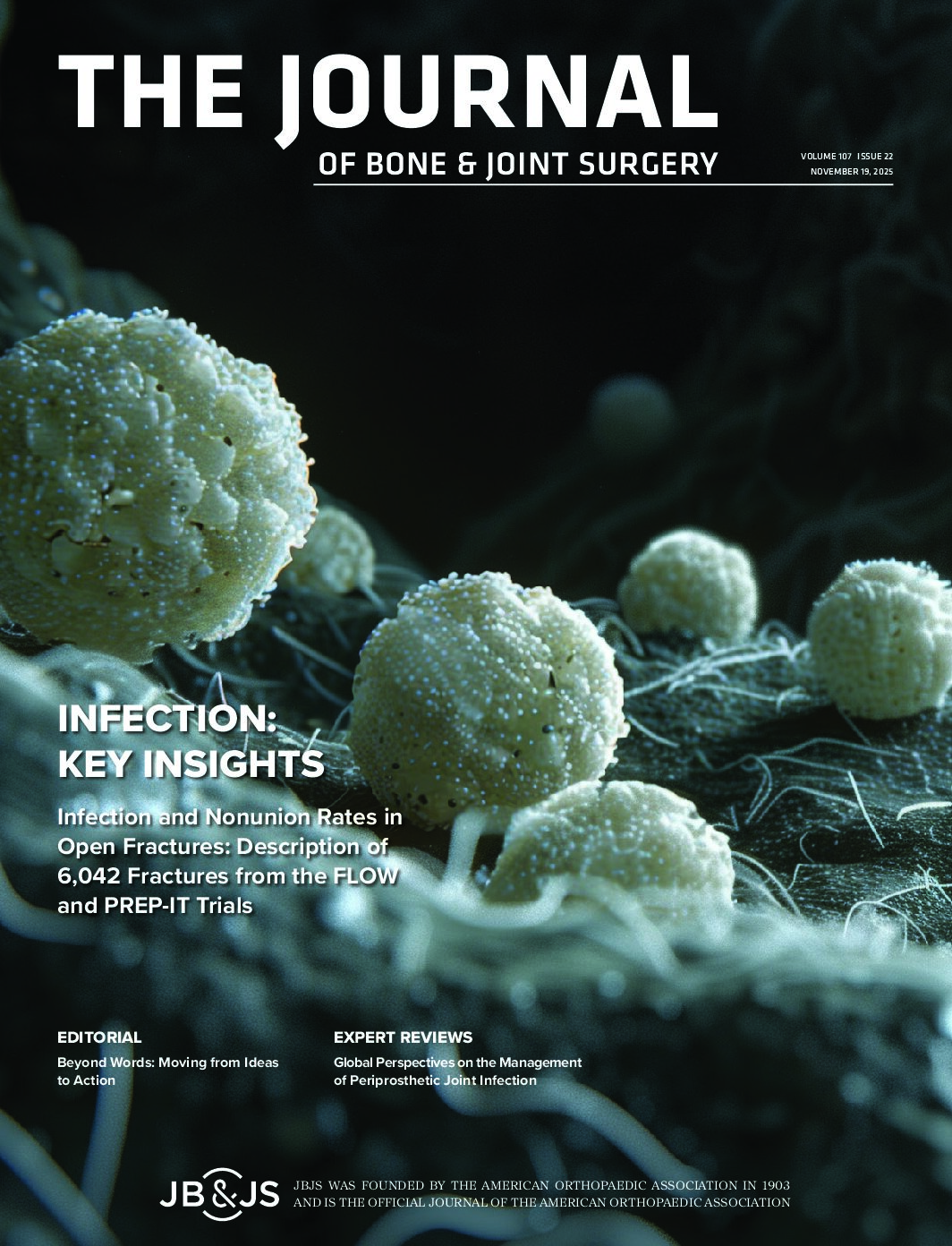The goals of orthopaedic surgery for children with cerebral palsy (CP) include pain and spasticity reduction and improvements in hygiene and functional mobility. A multicenter study by Mulcahey et al. in the September 16, 2015 JBJS found that when assessing changes in lower-extremity mobility derived from orthopaedic surgery among 255 CP patients, computerized adaptive testing (CAT) was more sensitive than other commonly used instruments. Specifically, improvements in function detected by the CAT at 12 and 24 months following surgery were greater than the changes detected by the relevant domains of the oft-administered Pediatric Outcomes Data Collection Instrument (PODCI).
Interestingly, neither of those two instruments, nor the timed “up & go” test, performed well with patients at level II of the Gross Motor Function Classification System. Furthermore, the authors note that CAT results are based on parent reports and therefore provide perceived outcomes rather than direct measures. Nevertheless, this study yields sound evidence that the benefits of orthopaedic surgery in people with CP heretofore measured with less sensitive instruments are in fact substantial.


